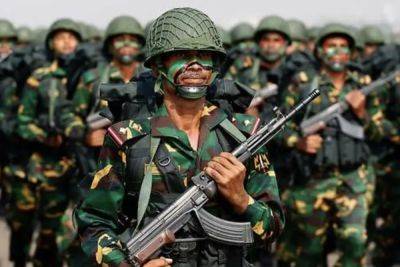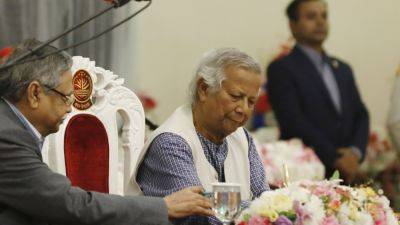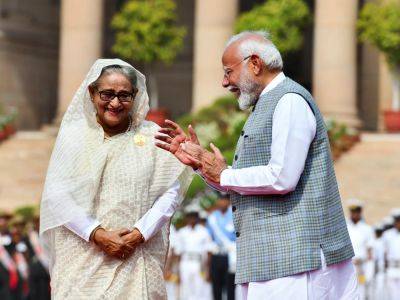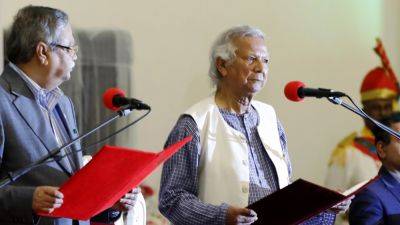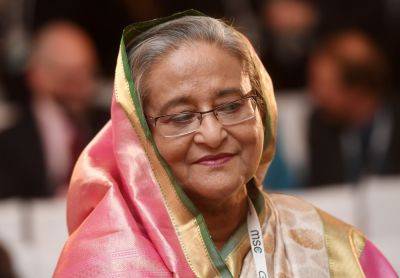Bangladesh needs a truth commission for Hasina’s crimes
The victims of Aynaghar, a secret internment center run by the Bangladesh military’s intelligence branch where they were held in inhuman conditions, have just started to recount their horrific ordeals. The victims, some held for over a decade, hail from different age groups as well as political and social backgrounds.
After years of Sheikh Hasina’s now-toppled authoritarian leadership, Bangladesh’s victims of enforced disappearances deserve justice. Their relatives, who are also victims of those who disappeared, deserve to know the whereabouts of their loved ones for peace of mind and soul.
But justice is required not only for the victims of enforced disappearances but also for those who suffered human rights violations at the hands of the government over the last two decades.
A country rarely moves forward from trauma without some sense of justice and reconciliation. In other words, the people of Bangladesh deserve to heal and to heal they require the truth, justice and reconciliation. To achieve this, Bangladesh needs a truth commission.
According to the International Justice Resource Center, truth commissions “serve to answer the many unanswered questions generated by enforced disappearances, extrajudicial executions and other crimes committed” over a period of time.
According to Priscilla B Hayner, an expert on truth commissions, they typically have four components: 1.) they focus on past violations rather than present violations; 2) they seek to present a comprehensive picture of international human rights violations over time than on a single violation; 3) while they operate for a short period of time, they deliver of a report summarizing their findings; and finally 4) they always have some kind of authority which


